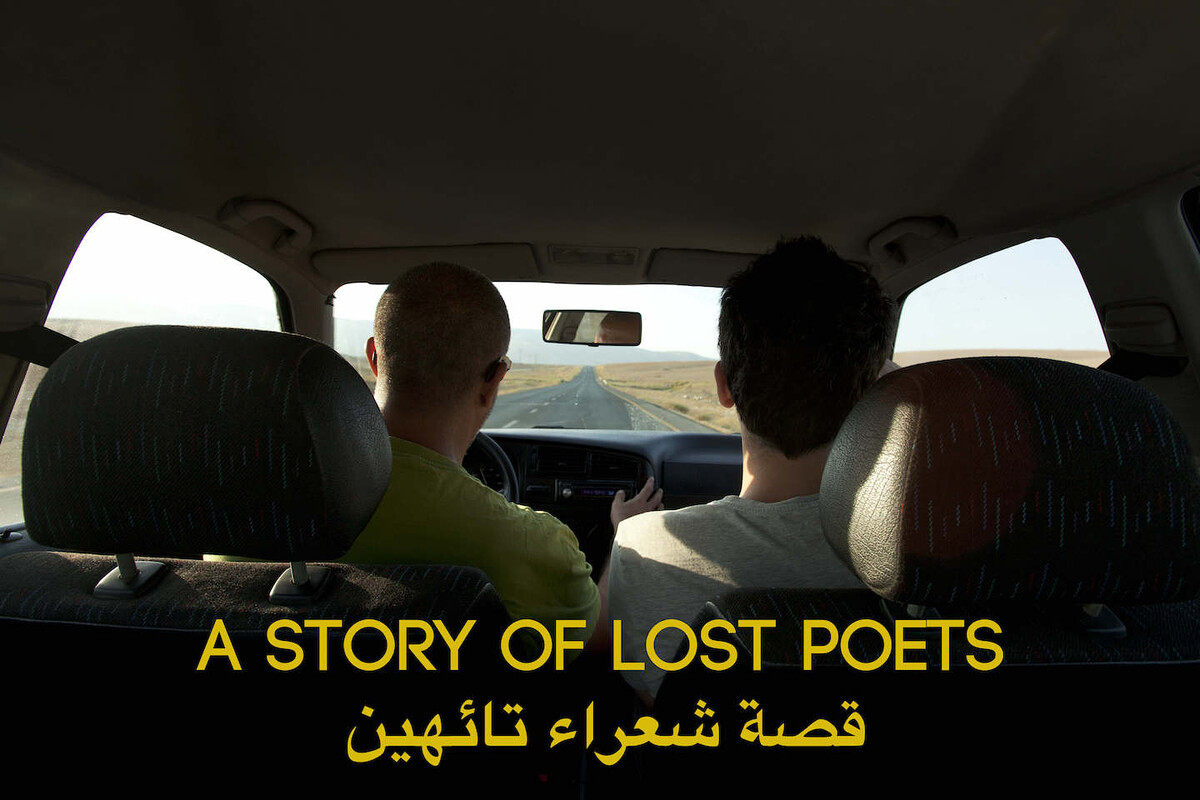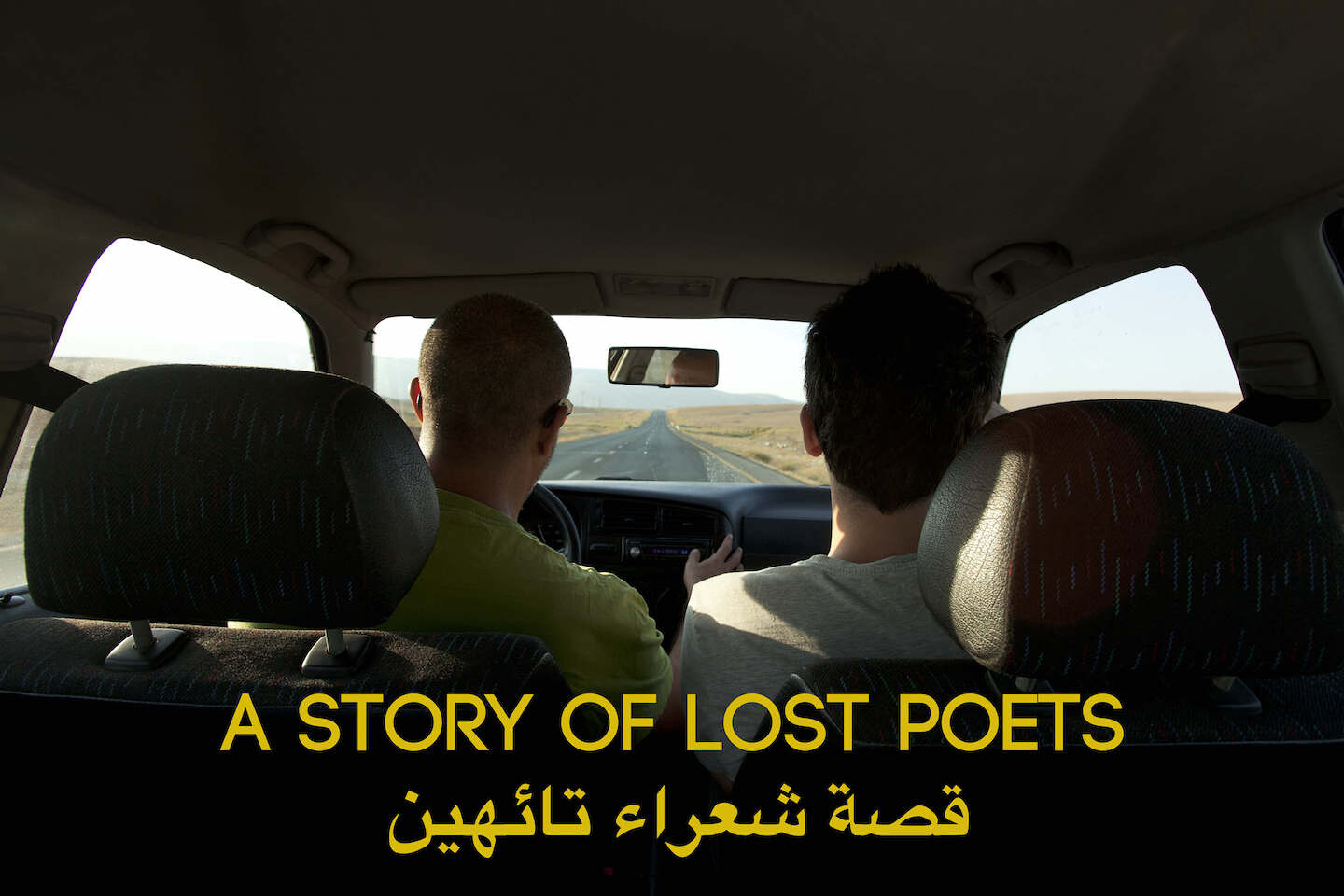August 25–28, 2022
Sabino 276, Santa Maria la Ribera
06400 Mexico City,
Mexico
Hours: Thursday–Saturday 7pm–12am,
Sunday 1–5pm
blacklanguage@vernacular.institute
Artists: Basel Abbas and Ruanne Abou-Rahme, Lawrence Abu Hamdan, Sky Hopinka, Dana Kavelina, Gelare Khoshgozaran, Oleksiy Radynski, Vandy Rattana, Liu Shiyuan and Hito Steyerl.
Vernacular Institute presents Memory War, a film screening that explores the power and threat of remembrance. Curated by Los Angeles-based Asha Bukojemsky of Marathon Screenings, the four-day exhibition presents thirteen works that investigate the mediums and mechanisms that form memory—from images to fascist rhetoric—and the powers that resist them. In light of Russia’s invasion in Ukraine, past genocides, and the recent proliferation of memory laws in the United States, Memory War prompts viewers to consider how they remember, and for whom.
Probing historical revisionism, myth-making and revolutionary ideals, the first half of Memory War traces the blurry boundary between expectation and exploitation. A protest in the Donbas region of Ukraine turns into revolt (Oleksiy Radynski, People Who Came to Power), while a German childhood friend becomes a Kurdish martyr (Hito Steyerl, November). Image appropriation and consumption further reveal modes of transference when a Hans Christian Anderson fairy tale becomes a propagandistic tool for the Chinese communist party (Liu Shiyuan, For the Photos I Didn’t Take, For the Stories I Didn’t Read), and an anonymous five-hour online documentary is recombined into a surreal anti-war film (Dana Kavelina, Letter to a Turtledove). Here, memory itself becomes the counter-insurgence.
Prompting viewers to consider their own role as memory-makers, Memory War also investigates methods of retrieval and embodiment. An artist invokes a group of men, from Edward Said, Roberto Bolaño to Khosrow Golesorkhi, that inhabited their life during the artist’s move from Tehran to Los Angeles (Gelare Khoshgozaran, MEN OF MY DREAMS), while another conjures an unknown sister, killed during the Khmer Rouge (Vandy Rattana, MONOLOGUE). A 50-year-old recording of a grandmother learning the indigenous Pechanga language (Sky Hopinka, Kicking the Clouds) overlaps with ruminations of forced forgetting, whereas an archive featuring artifacts of a past life is built entirely from the memory of a reincarnated PLA soldier (Lawrence Abu Hamdan, Once Removed). Rebels, novelists, rituals and myth emerge throughout, as sites of erasure become projections of a potential future (Basel Abbas and Ruanne Abou-Rahme, And Yet my Mask is Powerful Part 1, and The Incidental Insurgents Parts 1- through 3). Collapsing past and present, these narratives create a new kind of archive where stories of loss, belonging, and revolt inform a psychic resistance against the powers of erasure.
Together with the screening, the Vernacular Institute will present a multi-lingual reading room featuring materials contributed by the artists and curator that expand on concepts of memory, erasure, and forms of resistance. The reading room and screening are accompanied by an installation organized by Mexico City-based writer Su Wu, featuring bronze “Memoria” stools by design collective EWE Studio, cast from a collection of vernacular objects, and a rug of fallen jacaranda petals designed by Casa Ahorita for txt.ure, a design research project founded by Regina Pozo, former director of Archivo Diseñó y Arquitectura.
Screening hours: Thursday–Saturday 7pm–12am. On Sunday there will be a daytime screening from 1–5pm.
The reading room and Scorpio’s bar will be open from 6pm (Thursday–Saturday) and noon (Sunday), until closing time.








